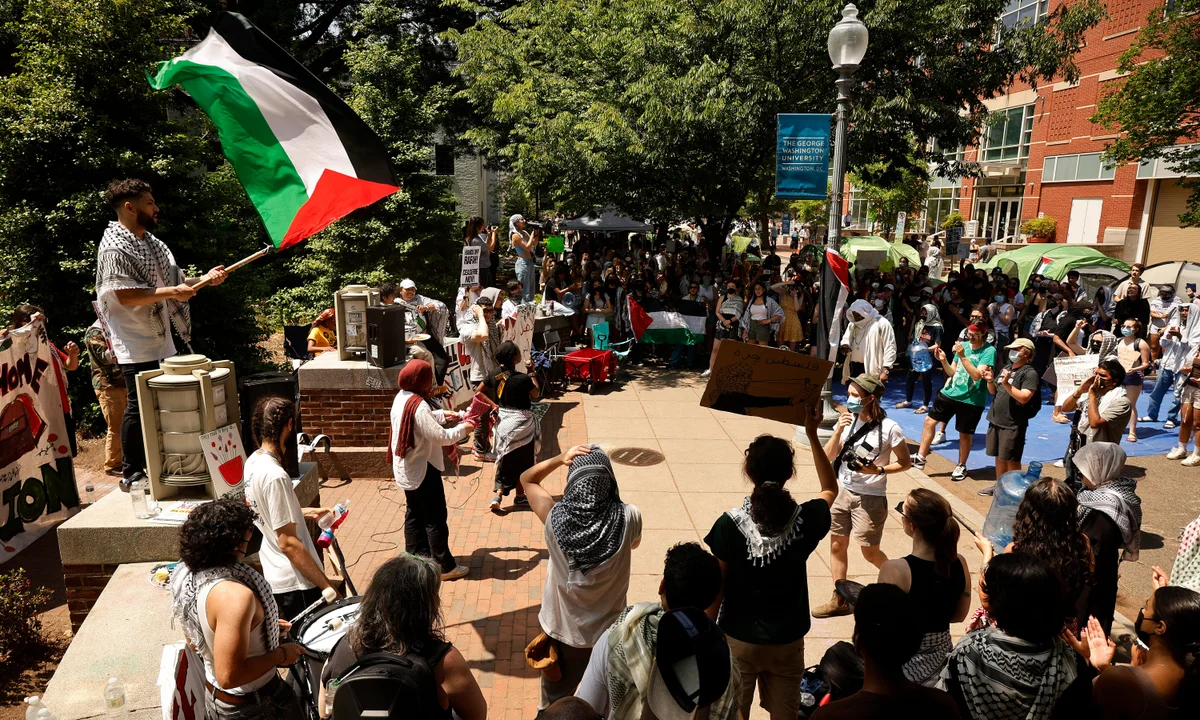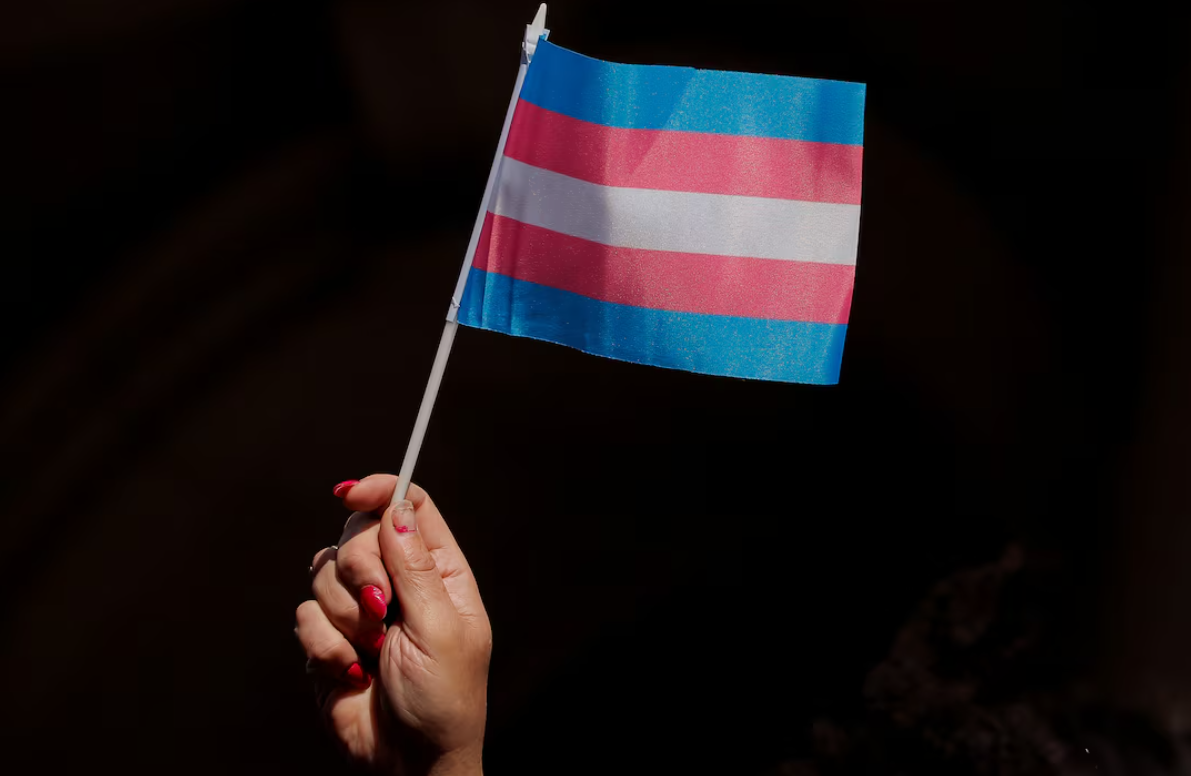Law firms traditionally have interviewed students for summer jobs at the start of the second year of law school, known as 2L, or in the weeks before the 2L year starts. This schedule has been in place for generations, and it worked both for the firms and for the future lawyers.
But in the last two years, the timing of the process has shifted, with some firms competing to be first movers, even considering applications early in the second semester of the 1L year. This race to the bottom is harmful to everyone involved.
The first year of law school is when students learn how to think, strategize, and write like a lawyer. Big Law’s push to consider 1Ls for jobs undercuts students’ ability to get the most out of their classes and invaluable extracurricular activities.
The previous practice of an August on-campus interview, or OCI, for rising 2Ls gave 1Ls time in the spring and early summer to research firms, build their resumes, and—most importantly—reflect on what sort of lawyer they wanted to be.
Employers value a students’ thoughtful, deliberate decision to attend law school, but the shift towards early recruiting is making it nearly impossible for students to give that same thought and consideration to how and what they want to practice. This is an incredibly short-sighted practice if a firm wants to hire for longevity.
Employers are now reaching out to 1L students shortly after they walk through our doors, soliciting applications for 2L summer positions earlier and earlier in the spring of their 1L year and sometimes converting applications for 1L summer jobs into offers for 2L summer positions. Many firms opened their 2L summer application portals in April or May. We have seen interviews and offers for 2L summer as early as February of 1L year.
Many students now feel like they’re in a race for employment at the start of their second semester of law school. They’re not wrong. Because students know that grades are so important, we’ve seen many forego important 1L activities like Barrister’s Council. And law students are being asked to make long-term career decisions before they’ve had a chance to research or test the market.
Having heard from upperclass students about the importance of focusing on law firm engagement and networking if they want a 2L Big Law job, many of our 1L students prioritize this over their 1L summer job search. This year, we’ve seen several students receive and accept 2L summer job offers before finding a 1L summer job, and we now have students juggling interviews with exam preparation.
The push by firms to interview 1L students for 2L summer positions has heightened the stress on students as they adapt to the high pressure of their first year of law school. This can’t be where law firms want our students’ priorities to lie.
This summer, 1L students will attempt to balance their 1L summer positions with prospective 2L interviews. Employers should consider offering interview slots outside of regular business hours or on Saturdays—and break up callback interviews into shorter blocks of time—to allow 1Ls to focus on their work obligations.
Imagine being a student having to block large chunks of time on a work calendar for interviews with their employer’s competitor. It’s an impossible power dynamic for students. And then imagine being the 1L summer employer whose interns are regularly unavailable for large blocks of time due to 2L interviews.
This year, we’ve seen public sector employers asking students in 1L summer interviews about their plans to participate in recruiting—a sign that they are increasingly frustrated with the time that Big Law recruiting is taking away from the summer experience they curate.
The push towards early recruiting might be less problematic if everyone came to law school with the same knowledge of the legal market and how to play the recruiting game. But not everyone does.
Many first-generation students or students who have never encountered the law want correctly to prioritize their academic success over networking with employers and applying to law firms during 1L year.
These students—despite being highly sought after by law firms—are at a distinct disadvantage if they’re forced to make decisions without careful consideration, or even knowledge, of their options.
Law students are naturally risk averse. This makes them more likely to take an early offer simply because they’ve received it, not because they’ve done the research to know that it’s the right fit for them. Early offers prevent students from testing their credentials in the market and may lead to poor matches.
This push to earlier recruiting is a tragic case of law firm “FOMO,” though the ones who are really missing out are the students. The push to hire earlier and earlier means law firms have less information about performance in law school. One senior lawyer told us that his firm is projecting greater attrition because of the early hiring process.
Early hiring benefits no one. Firms must refuse to participate in this process of increasing earlier hiring. If enough firms decide not to hire 1Ls this counterproductive process will stop. Nobody wins a race to the bottom.
This article does not necessarily reflect the opinion of Bloomberg Industry Group, Inc., the publisher of Bloomberg Law and Bloomberg Tax, or its owners.




